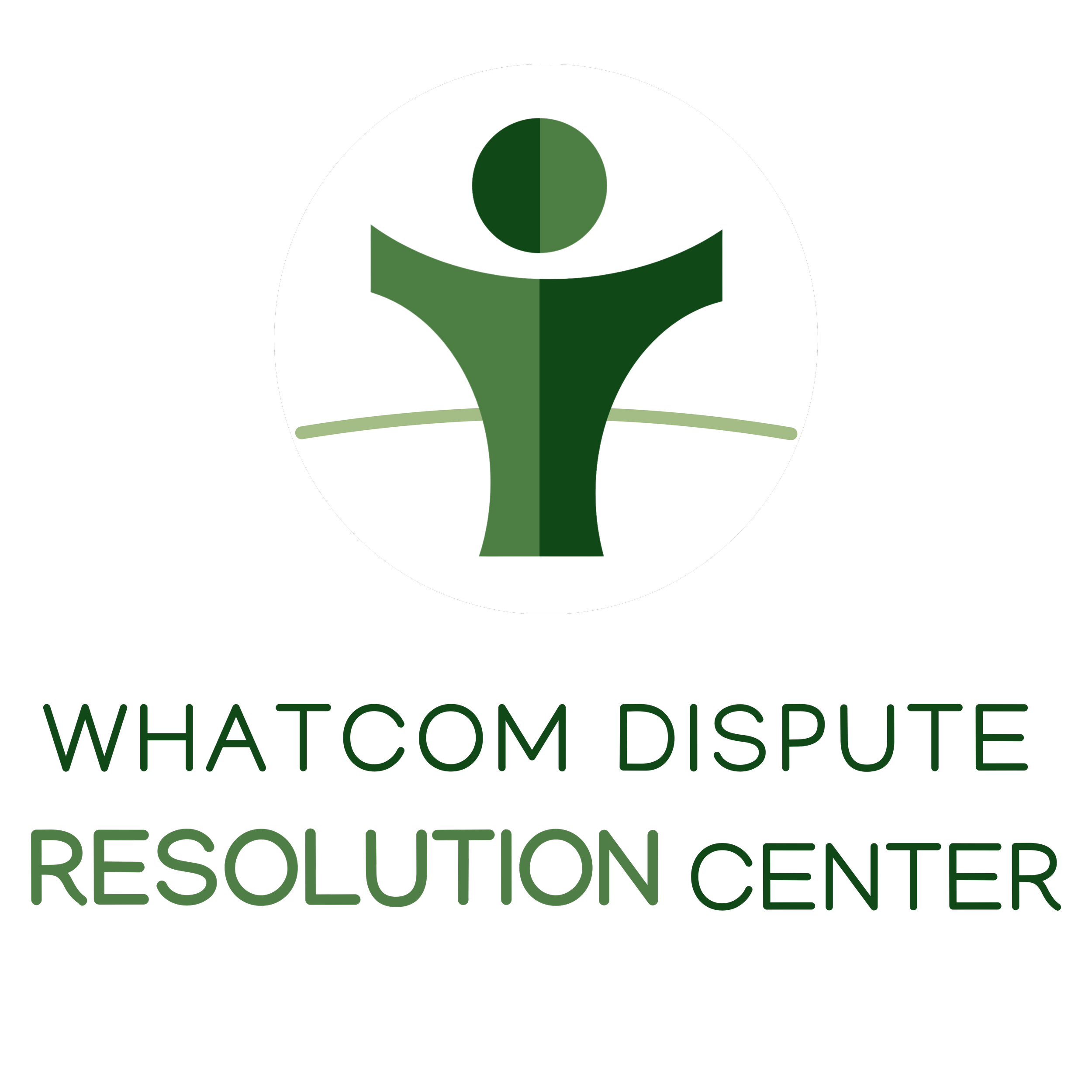“This training from the WDRC has changed the way I look at the world, as well as my relationships with others.”
The WDRC offers a wide variety of conflict resolution trainings that will help you deepen your knowledge, with practical applications for your personal, professional, and family life.
CONFLICT RESOLUTION TRAINING
Understanding Conflict
This training teaches participants to listen actively, understand their response to conflict, and communicate effectively in high-stress situations.
Tools for Tough Conversations
This training focuses on applying conflict de-escalation and healthy communication skills at home, work, or in the community. This is a continued learning series for past conflict resolution training participants.
The ART OF ACCOUNTABILITY
A dynamic learning experience focused on the art of accountability - a keystone of positive and enduring relationships.
Workplace & Custom Trainings
Explore conflict strategies, interests and positions, and techniques for approaching conflict effectively through our customized trainings.
MEDIATION TRAINING
Professional Mediation Training
This intensive 40-hour training is designed to develop mediation and conflict resolution skills. This is the first step in becoming a certified mediator.
Mediation Practicum
The WDRC Mediation Practicum Program is a WMA-approved Practicum Program. Interested individuals must first complete 36-40 hours of Professional Mediation Training.
Family Mediation
This course builds skills mediating conflicts between separated and divorcing couples. Interested individuals must first complete 36-40 hours of Professional Mediation Training.
Parent-Teen Mediation
This course builds skills mediating conflicts between teens and their parents or guardians. Interested individuals must first complete 36-40 hours of Professional Mediation Training.
PARENT EDUCATION
Helping Children Through Family Changes
Required by the court for divorcing parents with minor children, this seminar centers the needs of children during separation, divorce, parenting plan development, and family changes.
EXPLORING EQUITY & CULTURAL HUMILITY
Exploring Equity and Cultural Humility
This training empowers participants to honor diversity, engage in cross-cultural learning, and examine the historical and institutional power of “isms.”













